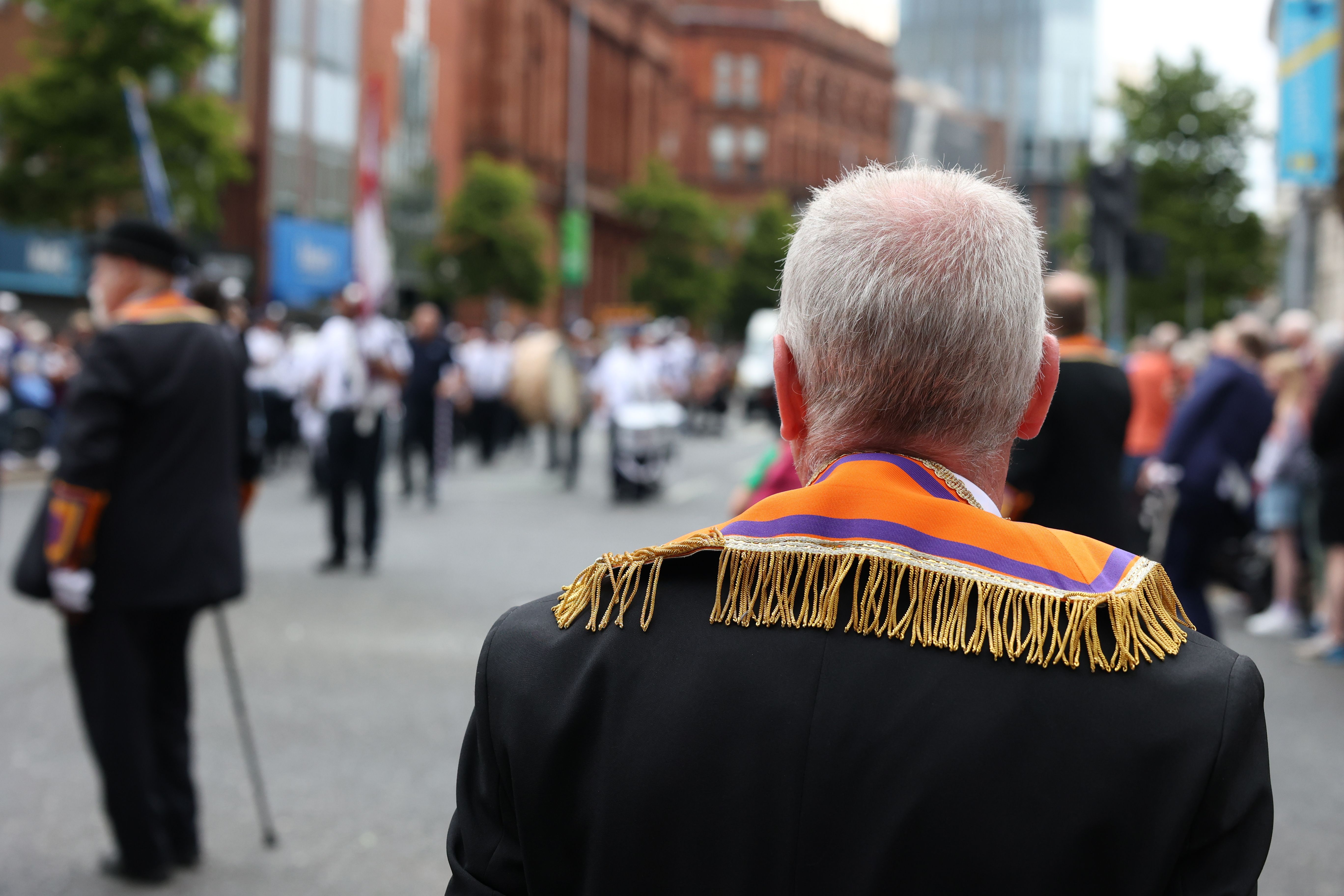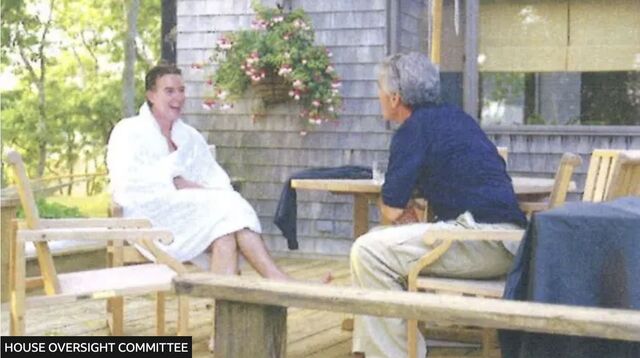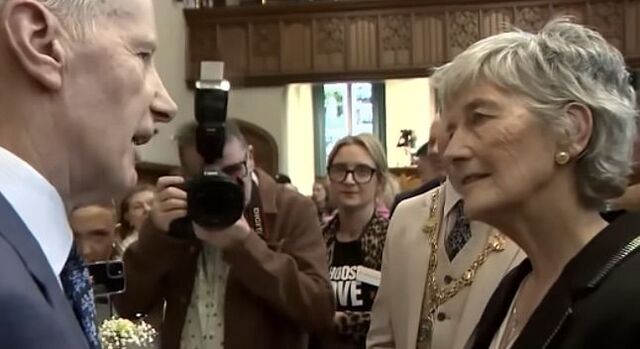AS we keep being reminded, we live in a quivering world. In the US, President Donald Trump is on a mission to make life as comfortable as possible for billionaires and as brutal as possible for the poor. Universities are fearful funds will be withheld, politicians fear opposing Trump as he might wipe out their political futures, and student protestors risk a visit from Immigration and Customs Enforcement (ICE) , which could end with their being hooded, bundled into a jeep and deported to some ghastly South American prison. In Ukraine, tens of thousands of young Ukrainian and American lives are ending on an endless battlefield. In Gaza, the body count of innocent, terrified people is almost too big to think about.
But for thousands of Orangemen, all that is forgotten as the Glorious Twelfth approaches. As I type, the bonfires grow higher, the bandsmen polish their instruments, the baton-throwers rejoice and America, Ukraine, Gaza – everything fades to leave room for this annual exercise in arrogance.
Perhaps you think I’m being unfair, that the Twelfth is valued as a time to celebrate the Britishness of all Orangemen. Shouldn’t they be entitled to their day in the sun (or rain), allowed to rejoice in their British identity, have a fun day out and forget their cares?
Put like that, it seems mean-spirited and spiteful to be critical of the Twelfth and its history and traditions. After all, many Orangemen are elderly farmers who take down their bowler hat, brush it reverently, adjust their sash and open the door on a time-honoured day.
This kind of thing is often cited in defence of Orangeism, and those who oppose it are framed as treacherous Fenians. Couldn’t we just stay at home and let them drink a thoughtful lager or ten by the bonfire? Or parade with dignity up any street they choose?
Well, we could if we believed that respect for others was a moveable feast and that triumphalism was a legitimate guide for a fuller life. But we don’t. And when unionists are told this, in my experience they tend to get red-faced and aggressive. Spin it whatever way you choose, the Twelfth still comes out as discriminatory and intolerant, an ancient blight on NEI and the rest of our country.
The Orange Order was founded in 1795 following the killing of up to thirty Catholics. That done, the killers adjourned to a Loughgall pub and the first Orange Lodge was created.
Most of us know the Orange Order rules, but they bear repeating.
Membership is confined to those of the Protestant faith. Even if they’ve converted to Protestantism, no ex-Catholic need apply. If you’re a Protestant with a Catholic wife, forget it – membership of the OO is forbidden. As for Orange etiquette and Catholic ceremonies, here’s what they should do: “An Orangeman should strenuously oppose the fatal errors and doctrines of the Church of Rome, and scrupulously avoid countenancing any act or ceremony of Roman Catholic worship...”
So in its origins and its ordinances, the Orange Order is anti-Catholic and its history is littered with violent acts. In the nineteenth century, Catholics were killed in such places as Maghera, Tandragee and Derry. In 1836, the British government suppressed the Orange Order because of the level of violence it created. In the 1930s and 1940s, there was major intimidation of Catholic families in counties Armagh,Tyrone and Derry. And, of course, in Belfast. And on July 12, 1998, three Catholic boys, all under ten years of age, were burned to death in their home. Their sin? Living in a largely Protestant area.
Have any lessons been learnt in recent years? Watch the Twelfth parade this Saturday. But if you’re an identifiable Catholic, maybe do so from a safe distance.








